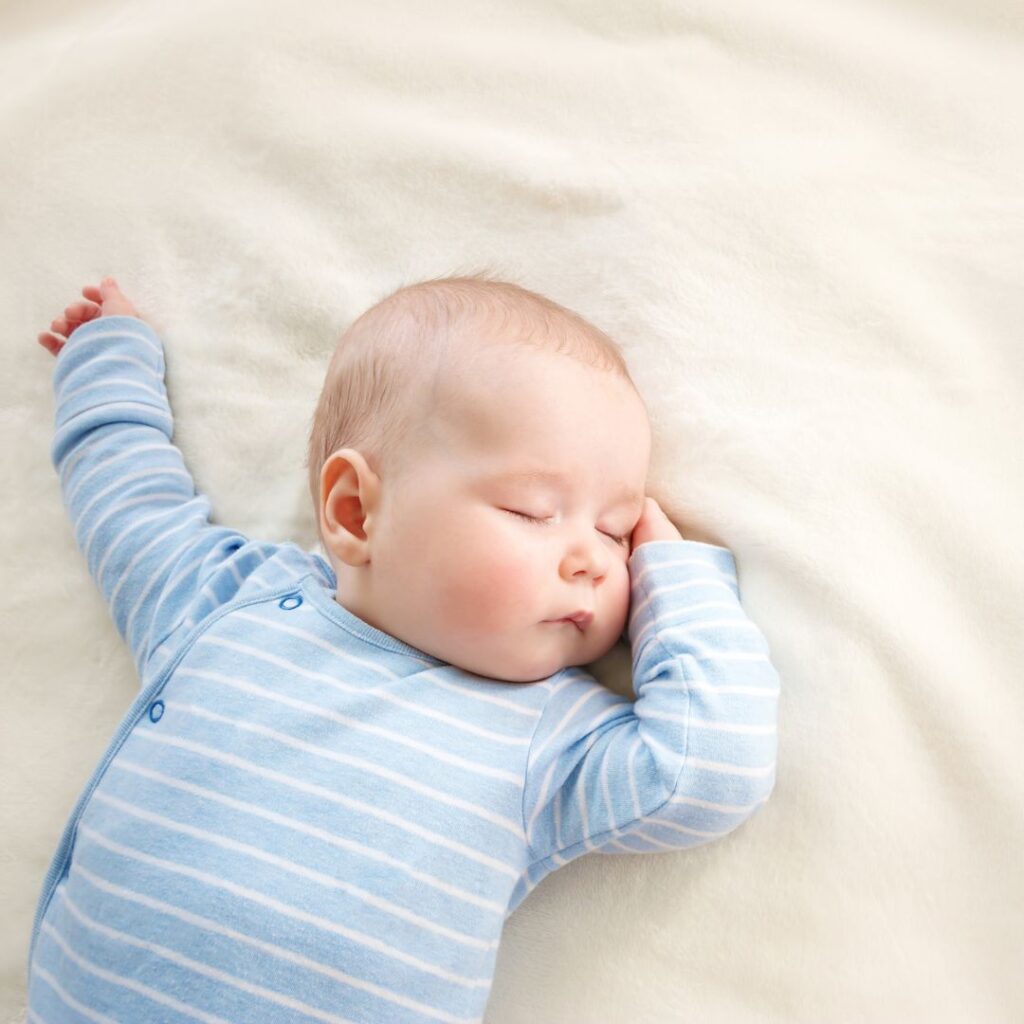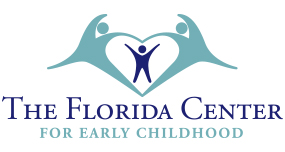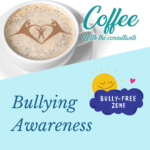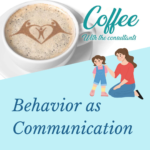Safe Sleep Practices for Babies

Safe sleep practices are the cornerstone of ensuring a secure and nurturing environment for your baby during those precious early months. Creating a sleep space that prioritizes your baby’s well-being is paramount to their safety and overall development.
If you asked parents of newborns what their biggest challenge is, most of them would tell you how sleep-deprived they are. Taking care of a baby is no easy task, and even more difficult when you are operating on only hours of sleep for weeks on end. When parents are desperate for sleep, they may engage in practices that are less safe for their baby. This could have tragic consequences, as approximately 3,500 babies in the United States die each year due to suffocation or strangulation caused by unsafe sleep practices.
Here are the recommendations for a safe sleep environment for babies up to one year of age:
- Place baby on their back for all naps and at night. This recommendation also applies to babies who spit up, as their airway anatomy and gag reflex will prevent them from choking.
- The baby should be in their own sleep space (a crib, bassinet, portable crib, or play yard) that meets safety standards.
- Make sure that the mattress is firm and is covered with a fitted sheet.
- Keep soft items and loose bedding out of the baby’s sleep area. This includes blankets, pillows, crib bumpers, stuffed animals, or toys. These items increase your baby’s risk of suffocation, strangulation, or entrapment.
- Don’t let your baby get overheated. Sleep sacks and wearable blankets are safe choices. In general, you should dress your baby in only one more layer than you are wearing. Do not put a hat on your baby when they are sleeping.
- Offer your baby a pacifier, but don’t force them to take it. If your baby is breastfed, wait until breastfeeding is well established before offering a pacifier.
- Never sleep with your baby. The risk of sleep-related infant death while bed-sharing is 5-10 times higher when your baby is younger than 4 months old. The risk is 67 times higher when infants sleep with someone on a couch. This recommendation is even more critical if you have been drinking alcohol, used marijuana, or taken any medications.
- Instead of bed-sharing, you can room-share with your baby (keep your baby’s crib/bassinet close to your bed for the first six months).
- Avoid exposing your baby to smoke.
- Avoid propping a bottle at naptime or bedtime.
- Respond to your baby’s cries timely. Once you have determined what they need (comfort, feeding, diaper change), put the baby back in their crib to sleep.
- To prevent flat spots on your baby’s head, make sure that your baby has supervised tummy time while awake every day. Start with a short amount of tummy time, and gradually increase the time until your baby is doing at least 15-30 minutes of tummy time every day by the time they’re 7 weeks old.
- Share these recommendations with everyone who is caring for your baby.
If you are expecting a baby or are a new parent, visit our website to learn more about our Healthy Families program, which provides free in-home parenting education and fun activities to do with your young children.
By Debbie Keyso, B.S.W., Vice President of Healthy Families Services


